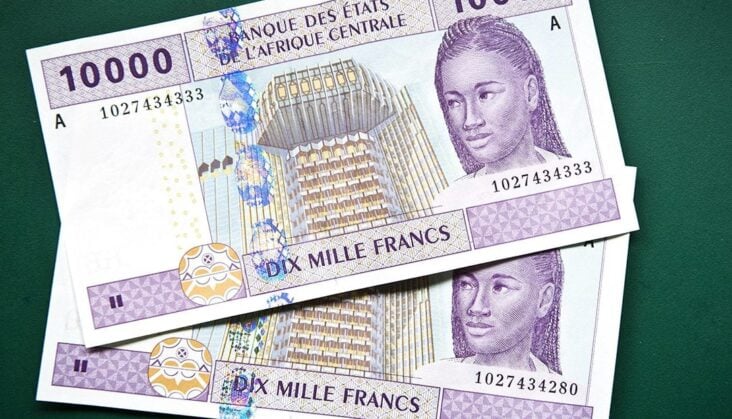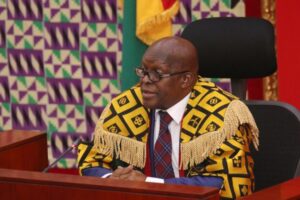
Nigerians are seemingly becoming more attracted to the CFA franc as their new store of value – a migration that could disrupt the economic stability in other parts of Africa. Some states in the continent’s most populous nation have even officially embraced the relatively stable CFA franc.
Shortly before the presidential elections, in which president-elect Bola Tinubu was the eventual winner, the Central Bank of Nigeria (CBN) introduced new 200-, 500-, and 1,000-naira notes as well as cash withdrawal restrictions.
These anti-counterfeiting measures, along with vote buying, money supply-induced inflation, and the naira’s steep depreciation led to an increase in demand for the CFA franc from neighbouring countries.
The high demand was reflected in the Economic and Monetary Community of Central Africa (Cameroon, Central African Republic, Congo, Gabon, Equatorial Guinea, and Chad) and the West African Economic and Monetary Union (Benin, Burkina Faso, Guinea-Bissau, Mali, Niger, Senegal, and Togo).
Meanwhile, five Nigerian states – Sokoto, Zamfara, Katsina in the northwest Nigerian borderlands, Kwara which shares borders with Benin, and Adamawa next to Cameroon in the east – opted last February to officially use the CFA franc as a medium of exchange in commercial transactions.
In addition to the naira’s scarcity, economic operators cite the CFA franc’s fiscal security: it is pegged to the euro, which gives it relative stability and a certain degree of credibility.
Although the Nigerian authorities decided in March 2023 to re-authorize some naira banknotes until December this year, the local currency’s demand is still palpable.
Although the demand for the CFA franc from Nigeria cannot be quantified, it could distort the monetary policy of the Central Bank of West African States and the Bank of Central African States.
“The latter could be forced to increase monetary production to meet demand, which could have repercussions on the stability of the CFA franc in the region. In addition, more money supply would be likely to lead to increased inflation in franc zone countries,†says a World Bank economist on condition of anonymity.
But the CFA franc is not the only safe haven adopted by Nigerians.
While the new notes cost more than their face value on the black market, the US dollar, stablecoins, bitcoin, and eNaira are increasingly popular in Africa’s largest economy.
A Bloomberg study last March indicates that an additional 13 million e-wallets have been opened in Nigeria during the first quarter of 2023, and the amount of money exchanged in eNaira has increased by 63% to $47m.






